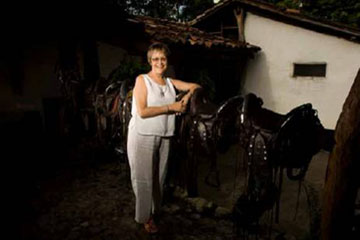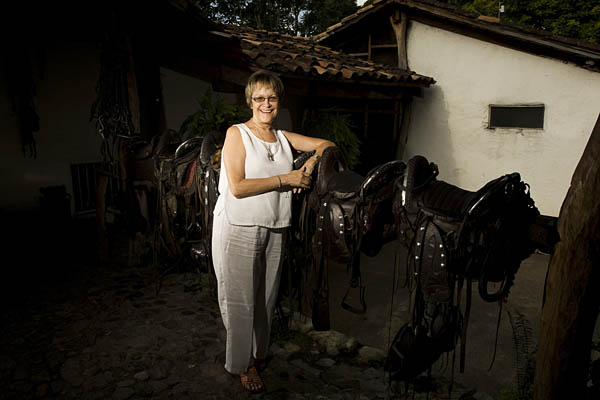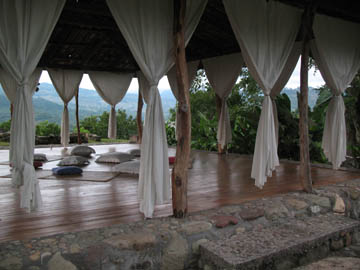Flavia Cueva; Photo courtesy of Tyler Orsburn
It all started with Dr. Adan Cueva, Flavia’s father, who was born in Copan Ruinas in Western Honduras and was part of one of the founding families of the town. Adan was a pioneer in helping to restore and protect the Mayan ruins in Honduras, and he introduced American archaeologists to the value of the famous relics found in Copan.


